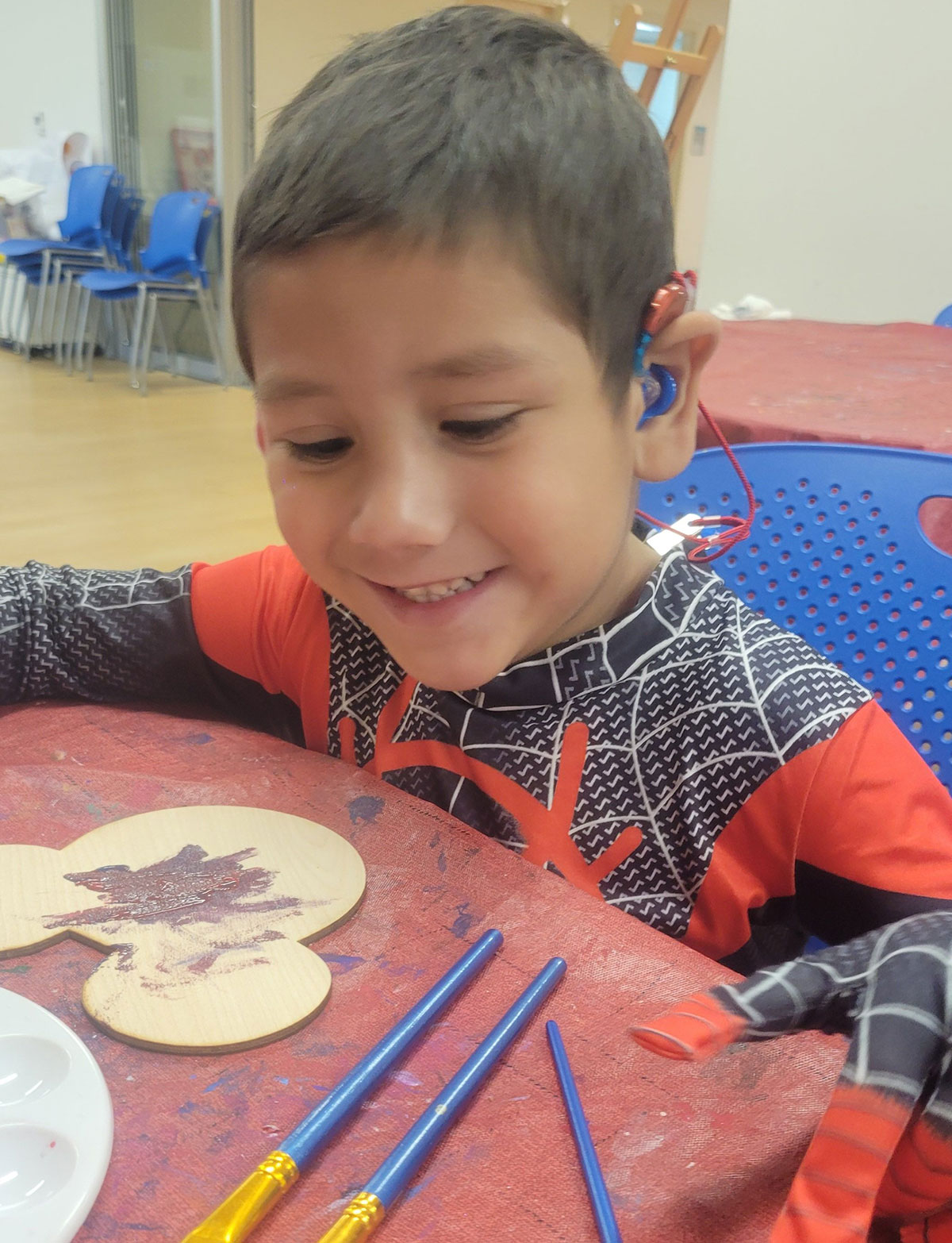Thriving after testicular cancer is about more than survival; it involves managing potential lasting side effects of treatments, such as hearing loss, fertility challenges, and emotional health.

Shea Roberts
Director of Operations, Testicular Cancer Awareness Foundation
Testicular cancer is most commonly diagnosed in men ages 15-44, though it can occur at any age, from infancy to the elderly. Thanks to modern treatment approaches, including cisplatin-based chemotherapy, surgery, and radiotherapy, the survival rate for testicular cancer is now exceptionally high if a diagnosis is made early.
As more men live longer after diagnosis and treatment, it is more crucial than ever to shift focus toward long-term survivorship and quality of life beyond remission. This involves adapting treatments to minimize long-lasting side effects and toxicities that can negatively impact survivors later in life.
Some side effects can be seen immediately after treatment, while others increase the risk of secondary health issues as survivors age.
Lifelong side-effects that may manifest during or soon after treatment include:
- Ototoxicity
- Depression, anxiety, and other psychosocial difficulties
- Retrograde ejaculation and other issues related to sexual function and fertility
Although not the only lasting effects survivors may experience, these can be especially disruptive to young men just beginning their adult lives.
Ototoxicity
Ototoxicity is inner ear damage caused by certain medications, including cisplatin, a leading treatment for testicular cancer and other germ cell tumors. More than half of adult and pediatric patients treated with cisplatin developed hearing impairment, with a major impact on patients’ health-related quality of life. This irreversible damage can cause hearing loss, tinnitus, and balance difficulties.
A study published in January 2023 stated that out of 145 testicular cancer patients who received cisplatin-based treatment:
- 74% reported ototoxicity
- 68% experienced tinnitus
- 59% experienced hearing loss and
- 52% reported both hearing loss and tinnitus
One young testicular cancer survivor, Tristan, experienced profound hearing loss as a result of his treatments and will need to wear hearing aids for the rest of his life. His mom has shared that he struggles to keep them in for a full day, and like many children with hearing loss, he may also face the social and academic challenges that often accompany it.

Read Tristan’s full story on our Teste-Monial blog.
Untreated hearing loss can further impact overall well-being, increasing the risk of falls due to balance problems, hospitalizations, and challenges in everyday functioning. For this reason, patients undergoing a cisplatin-based cancer treatment are advised to undergo a routine auditory evaluation before therapy begins, to track any changes to their hearing as a result of the treatment.
In addition to these physical effects, hearing loss can influence emotional and social health, contributing to anxiety, feelings of isolation, and other psychosocial challenges that may continue after treatment ends.
Psychosocial effects
Beyond the physical challenges of treatment, testicular cancer survivors often face a range of psychosocial effects, including anxiety, mood changes, and difficulty navigating both personal and professional relationships.
An orchiectomy, the removal of the affected testicle, reduces testosterone production. This hormonal change can cause a range of physiological effects, including mood fluctuations, decreased muscle mass, and increased risk of anxiety or depression. For many men, the testes and their function are closely linked to their sense of masculinity and reproductive potential. In addition to these hormonal and emotional effects, these changes can have important implications for reproductive health, influencing fertility, sexual function, and other aspects of male reproductive capability.
Reproductive issues
Testicular cancer treatment can affect a man’s reproductive health in different ways. Surgery to remove one testicle (called an orchiectomy) usually doesn’t prevent fatherhood, but it can sometimes make it harder to conceive. If the cancer has spread beyond the early stage, a more complex surgery called a retroperitoneal lymph node dissection (RPLND) may be needed. This procedure can sometimes cause a side effect called retrograde ejaculation, where semen goes into the bladder instead of out of the body, making natural conception more difficult. Chemotherapy and radiation can also lower sperm count or affect sperm quality. Because of these possible changes, it’s important for men to think about fertility preservation and family planning both before and after treatment.
But it is equally important to consider cryobanking for teenage patients. Preserving reproductive options ensures that all survivors retain the ability to make family planning decisions later in life. These steps are essential in supporting survivors’ long-term family planning goals and overall quality of life.
Testicular cancer survivors face a complex interplay of physical, emotional, and reproductive challenges. Ototoxicity from cisplatin can cause long-term hearing loss, balance issues, and social or cognitive difficulties. Hormonal changes and psychosocial effects, including anxiety, mood fluctuations, and an altered sense of masculinity, can further impact mental health and quality of life. Additionally, reproductive issues such as infertility or sexual dysfunction may pose significant concerns for survivors planning families. Awareness of these potential long-term effects highlights the importance of ongoing comprehensive survivorship care, early detection, and access to supportive resources to ensure survivors thrive after treatment.

